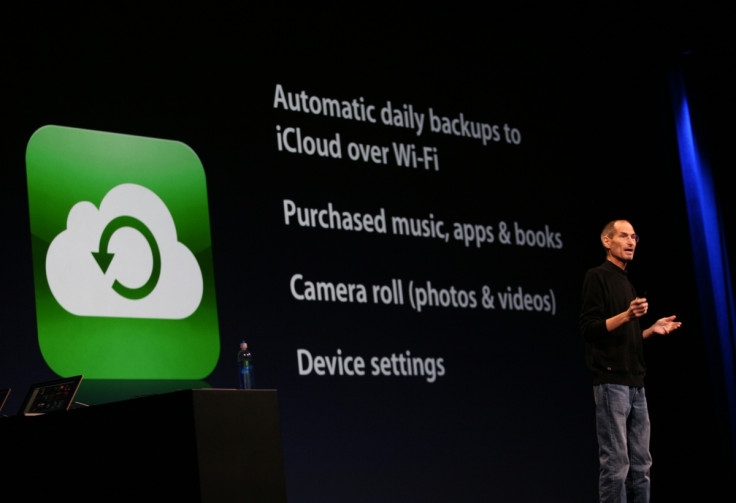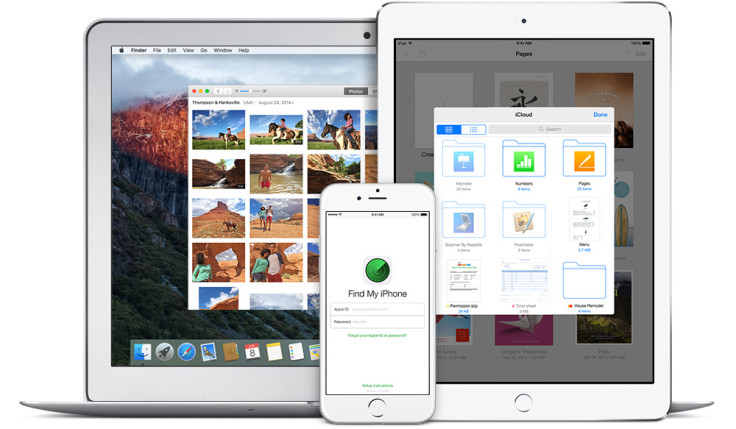Apple is refusing to unlock iPhones for police, even those belonging to crystal meth dealers

Recently unsealed court transcripts show that Apple is now taking an active role in refusing police warrants to unlock iPhones, to the extent that the tech company even ignored US prosecutors' search warrants in a criminal trial prosecuting suspects for distributing drugs.
Prosecutors working for the US District Court for the Eastern District of New York had charged a man named Jun Feng for conspiracy to distribute and possession with intent to distribute crystal methamphetamines, or crystal meth, in conjunction with six other defendants. Although eventually Feng pleaded guilty, the prosecutors still wanted to unlock his iPhone 5S to gain access to details about potential customers and the sources who gave Feng and the other defendants the drugs to sell, and both DEA and FBI operatives were unable to bypass the passcode.
In the past, law enforcement could have found a way to unlock the iPhone by using a device that would try every single possible password until it hit on the right one. However, Feng's iPhone 5S was running iOS 7, which was configured to erase all its data if anyone tried to unlock the phone with the wrong password 10 times in a row, so neither the DEA or the FBI could get around the issue. Instead, the US government issued two search warrants and sent them to Apple in July 2014, but Apple ignored the warrants and they eventually expired.
Apple claims complying with warrants tarnishes its brand

Apple was summoned to a hearing in October 2015 to explain why it refused to assist the US government, especially since from 2008 onwards, the company had previously received at least 70 court orders and had always complied.
In addition to attending the hearing, Apple published a public filing in which it responded to the accusations from the government and argued that having to continually unlock iPhones for the police had placed a "commercial and reputational burden" on the firm, especially since this was the first time that US prosecutors were using a seldomly used law known as the All Writs Act to pressure Apple into complying.
"Forcing Apple to extract data in this case, absent clear legal authority to do so, could threaten the trust between Apple and its customers and substantially tarnish the Apple brand. This reputational harm could have a longer term economic impact beyond the mere cost of performing the single extraction at issue," Apple wrote in the filing.
Apple also stated in the filing that it didn't really need to get involved the cases it was asked to assist on, as it was not a witness or a party in the cases, but only when Apple engineers unlocked the phones, did they then become witnesses and thus be required to testify in court.
Will future versions of iOS truly be uncrackable?

Apple says that iOS 8 and iOS 9 have been designed to be impenetrable even by Apple itself, meaning that the technology giant would no longer be able to hand over any information as all your data would be stored on the iCloud in encrypted form, and end-to-end encryption on all iMessages sent between contacts would mean that only the contacts themselves would read the messages.
However, according to The Hacker News, careful reading of Apple's website shows that although all your photos, videos and messages are encrypted if you have iCloud Backup enabled on your Apple device, the data is encrypted on iCloud using a key controlled by Apple, so Apple could actually read your messages.
So it is likely that governments and law enforcement would continue to argue that since Apple retains the encryption keys to its data centres, then it can access the information, and thus has to help them. It looks like the only way this situation could be avoided would be if criminals were to use those low-tech pay-as-you-go burner mobile phones like in Breaking Bad, rather than sophisticated iPhones.
© Copyright IBTimes 2024. All rights reserved.







